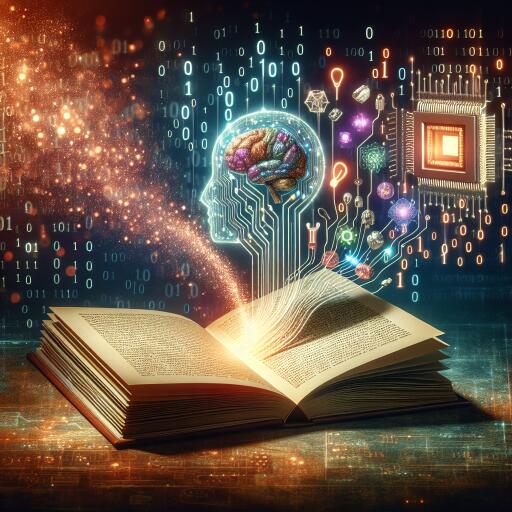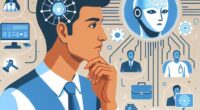AI Lexicon – A
In an ever-evolving digital age, it’s crucial to stay informed about the technologies shaping our world. The realm of Artificial Intelligence (AI) and its associated technologies can often seem daunting with its complex terminologies and concepts. Our AI Lexicon is here to demystify these terms, offering clear, understandable definitions, and examples from everyday life to help bridge the gap between complex tech language and the everyday user.
What is AI?
At its core, Artificial Intelligence represents any computer program, system, theory, or model that performs tasks which typically require human intelligence. These tasks are based on instructions designed and created by humans. AI applications range from sorting images in a crowd, analyzing medical scans, to filtering spam from your email. It’s an umbrella term that encapsulates various facets of digital technology, including the dynamic field of machine learning.
Understanding Algorithms
Think of algorithms as the kitchen recipes of the digital world—a set of mathematical instructions that guide computers in making calculations or solving problems. They are the very foundation upon which programming stands. Initially crafted by humans, the remarkable evolution of AI now sees machines designing their own algorithms. These computational recipes excel at organizing information and are pivotal in services like online recommendation systems and automated decision-making processes used by governments. Yet, with great power comes great responsibility, as algorithms can sometimes lead to unintended consequences, such as bias or errors.
Resources and Reading Material
For those intrigued by the darker aspects of AI, The Malicious Use of Artificial Intelligence: Forecasting, Prevention, and Mitigation (Miles Brundage et al, 2017) offers a deep dive into potential security threats and solutions. Access it here.
Keen on diving deeper into machine learning terminology? Google’s Machine Learning Glossary is a comprehensive resource available here.
To grasp the backbone of AI technologies, understanding what an algorithm is essential. The Cambridge Dictionary offers a succinct definition.
Exploring the advantages and challenges of living in the age of algorithms? Code-Dependent: Pros and Cons of the Algorithm Age by Pew Research is a thought-provoking read, accessible here.
We Want to Hear From You
Your feedback is invaluable to us. If there’s an AI-related term or concept you’d like us to cover, feel free to suggest an entry by leaving a comment. Likewise, if there’s an area you think we missed or got wrong, let us know. Your input not only helps us improve but also ensures our AI Lexicon serves its purpose — helping you understand the fascinating world of technology better.










